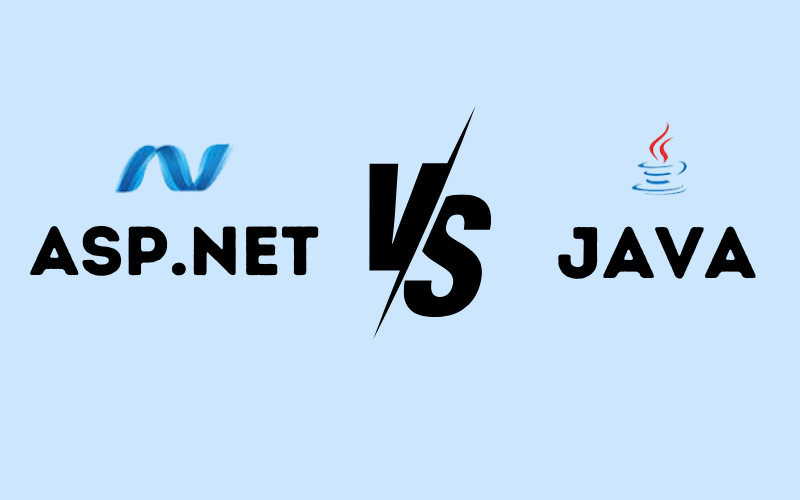.Net vs Java: The Clash of Programming Languages

It’s a common challenge in app development to choose between .NET vs Java This piece will evaluate the pros and cons of each.
Some decisions have serious ramifications that may not go away. Consider choosing a place to reside, for instance. Relocating requires a significant commitment of time, money, and effort, making it a decision that cannot be easily reversed.
The selection of coding languages for software development projects is governed by similar criteria. Language characteristics have a big impact on what can be done with your project. Changing course gets harder and harder as you work on the project longer.
.NET vs Java: An Overview
The.NET Framework is well-known because of its connection to Microsoft. Due to its ability to support several coding languages, it is highly acclaimed for its versatility. For projects that require a C# QR code reader,.NET can be the best option.
You’ll find that integrating.NET is a simple process if your business uses Windows and Azure services.
Java, on the other hand, was created by Sun Microsystems at first and is today managed by Oracle. Java isn’t tied to any one operating system like the.NET Framework, which is largely utilized on Windows and is intimately linked with Microsoft.
Cross-Platform Options
Because Java runs on a Java Virtual Machine, it can potentially run on any kind of machine. There are not many operating systems that Java cannot run on, including Windows, Linux, and macOS. Java continues to be the most multi-platform compatible language, even with the significant progress that.NET has made recently, allowing it to be utilized on both macOS and Linux.
Performance Comparison of .NET and Java
In terms of performance, one cannot declare a clear winner. The best-performing language to choose frequently depends on your particular use case. For example, you could be drawn to.NET and its ReadyToRun features if you’re concerned about speedy startup times.
But Java might be more advantageous if runtime efficiency is your top priority. After a short warm-up time on a variety of devices, Java may provide outstanding performance thanks to a technique called adaptive optimization.
Cost and Licensing
Of course, the ongoing discussion over programming is moot if your business cannot afford the accompanying costs. The cost of using Java or.NET depends a lot on your particular use case. Even though.NET Core and its updates are free and open-source, you might still need to use Microsoft services like Azure.
For Java, commercial use might need a subscription; however, OpenJDK provides a free and open-source option.
Security
In the development of web applications, ensuring security is of utmost importance. .NET and Java, two popular programming languages, offer developers a wealth of security features and libraries to build secure applications. Microsoft regularly provides security updates for .NET and offers comprehensive documentation on security best practices, which can be a valuable resource for developers.
Similarly, Java also places a high priority on security and provides features like the Java Security Manager, which offers precise control over an application’s behavior. The vast community of Java developers and security experts continuously work together to identify and address any vulnerabilities that may arise.
Customer Support
Microsoft and Oracle are both very large companies. Both businesses provide a wealth of assistance. Having said that, a large portion of help originates from the user base rather than through official channels.
Because Java boasts a big global user base, it enjoys a little advantage over.NET. Regardless of how specific your issue is, there is undoubtedly a Java support group out there that can assist you.
.NET vs Java: There’s No Easy Decision
The comparison between .NET and Java, like many technology debates, lacks a simple answer. The choice between the two depends entirely on your specific use case. Prior to selecting a programming language, it is essential to invest time in thoroughly evaluating your project requirements and long-term objectives from a holistic perspective.
Making a decision in this area could have long-term effects on your business, so it’s best to give it enough thought and take the time to do it right. We invite you to read through the remaining posts on our blog if you’re interested in learning more about technology-related subjects.






